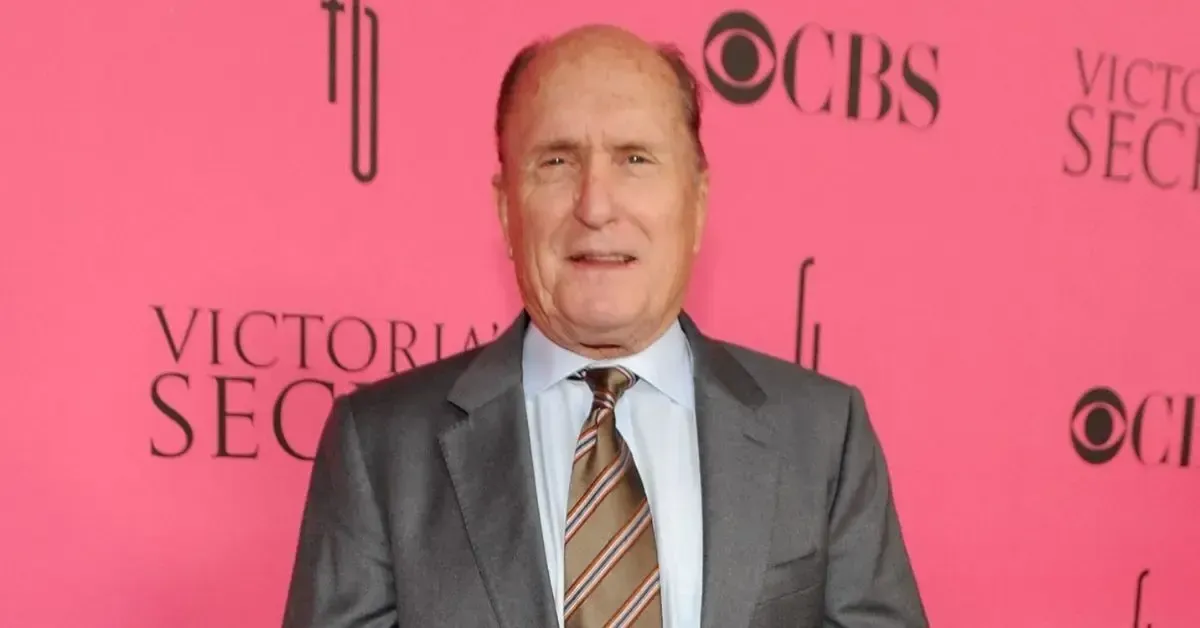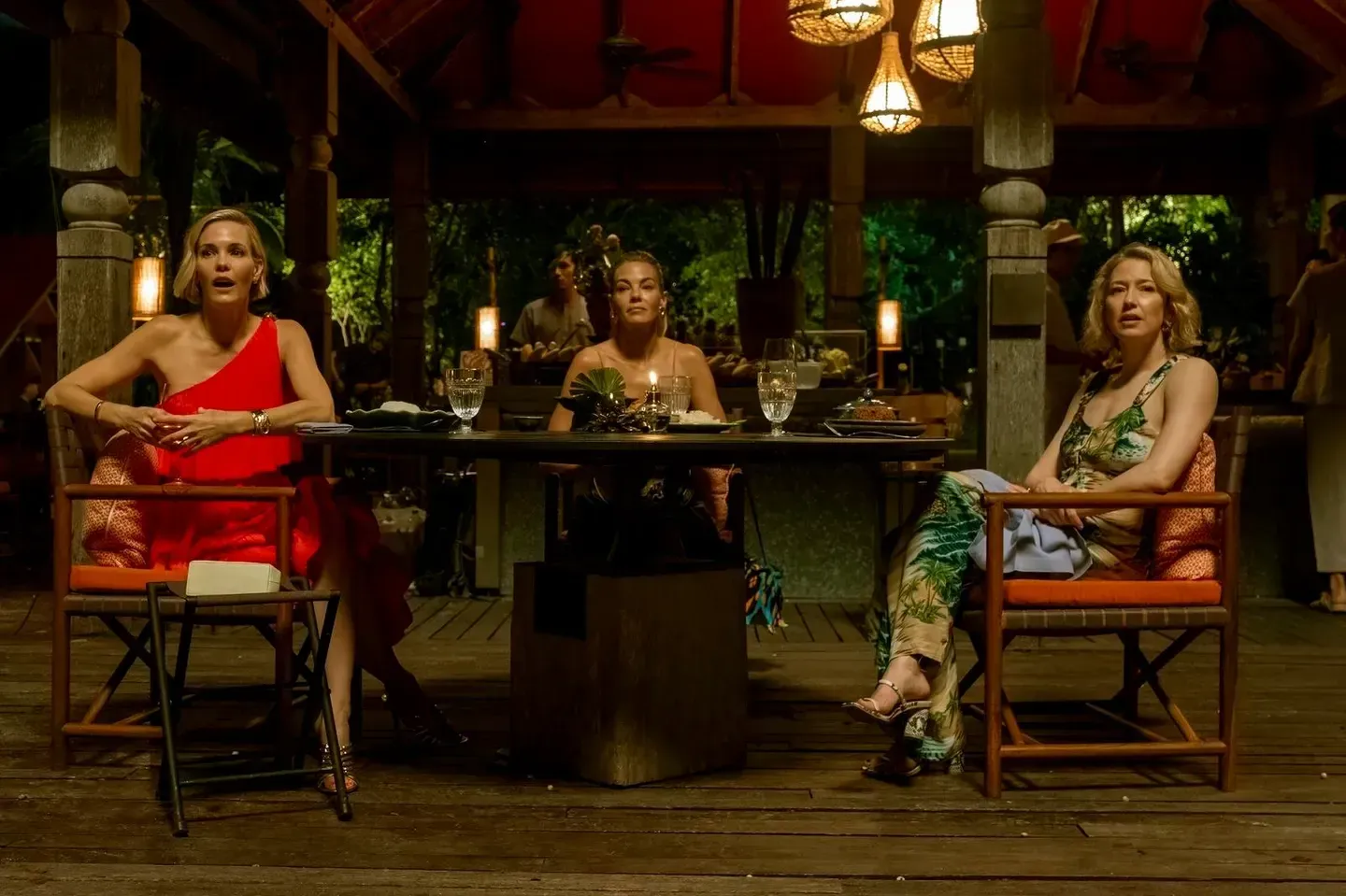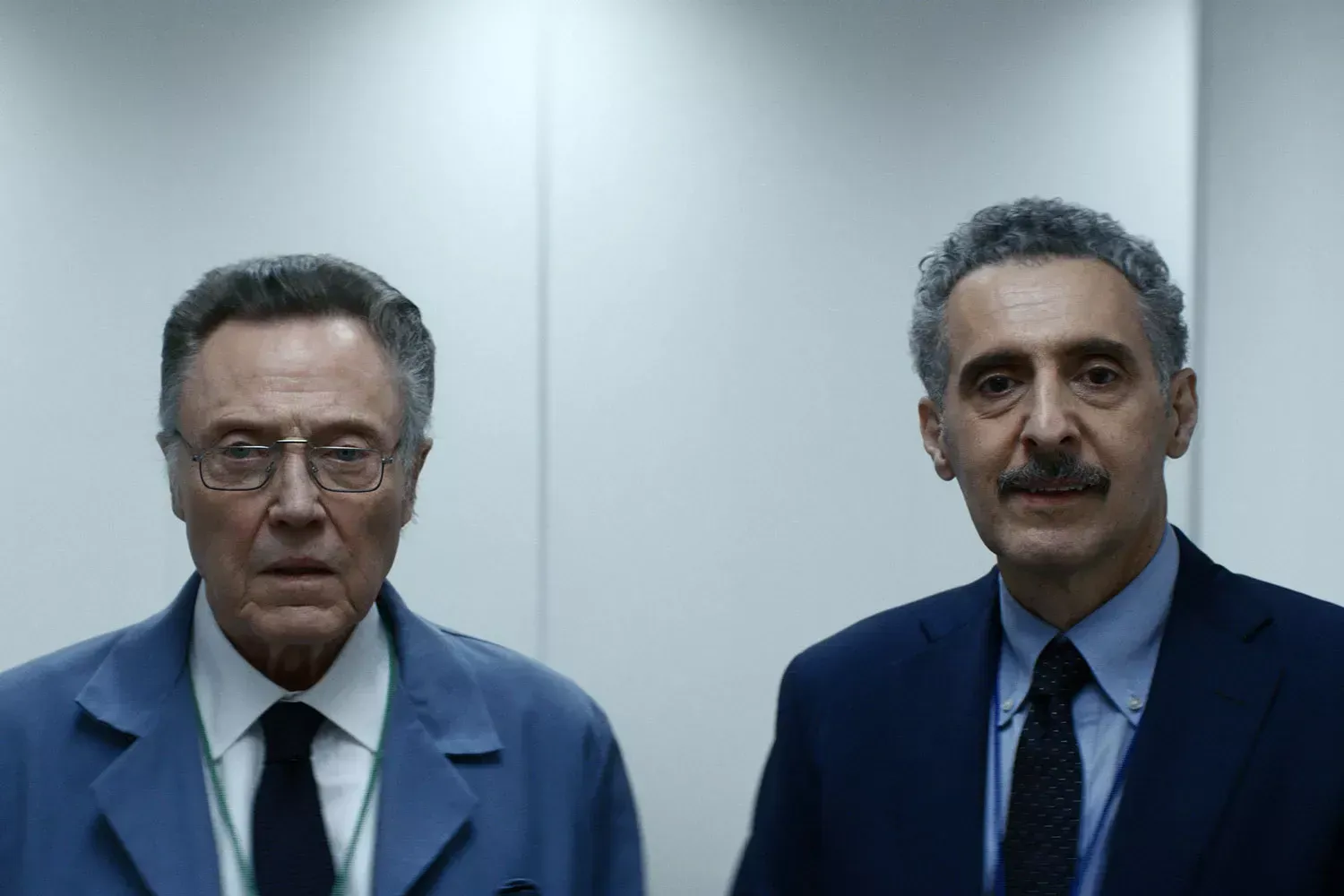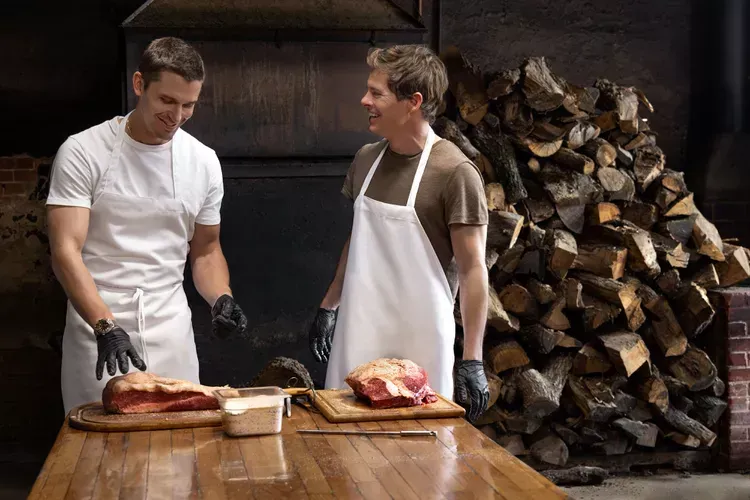Robert Duvall's 1997 film, The Apostle, stands as a testament to his dedication and passion for authentic storytelling. Despite facing numerous rejections from Hollywood studios, Duvall remained committed to bringing this story to the screen.
A Long-Standing Vision
Duvall first penned the script for The Apostle in 1984, inspired by his experiences visiting Pentecostal churches in the southern United States during the 1960s. He was captivated by the unique rhythm and cadence of the preachers, viewing their sermons as a distinct American art form. However, his attempts to secure funding from major studios were met with resistance, as executives were hesitant to back a film centered on a Pentecostal preacher.
Taking Matters into His Own Hands
Undeterred by the lack of studio support, Duvall decided to finance the project himself, investing approximately $5 million of his own money. He also took on multiple roles, serving as the film's writer, director, and lead actor. Filming primarily took place in western Louisiana over seven weeks in the fall of 1996, with Duvall aiming to capture an authentic portrayal of the region's religious communities. To achieve this, he cast local churchgoers in supporting roles, adding depth and realism to the narrative.
Critical Acclaim and Legacy
Upon its release, The Apostle garnered significant critical acclaim. Duvall's portrayal of the complex and flawed preacher, Euliss 'Sonny' Dewey, earned him an Academy Award nomination for Best Actor. The film's success not only validated Duvall's unwavering commitment but also highlighted the potential of independent filmmaking to tell profound and unconventional stories.
For those interested in exploring this cinematic achievement, The Apostle is available for streaming on various platforms. Its creation story serves as an inspiration to filmmakers and artists, demonstrating the power of perseverance and belief in one's vision.





